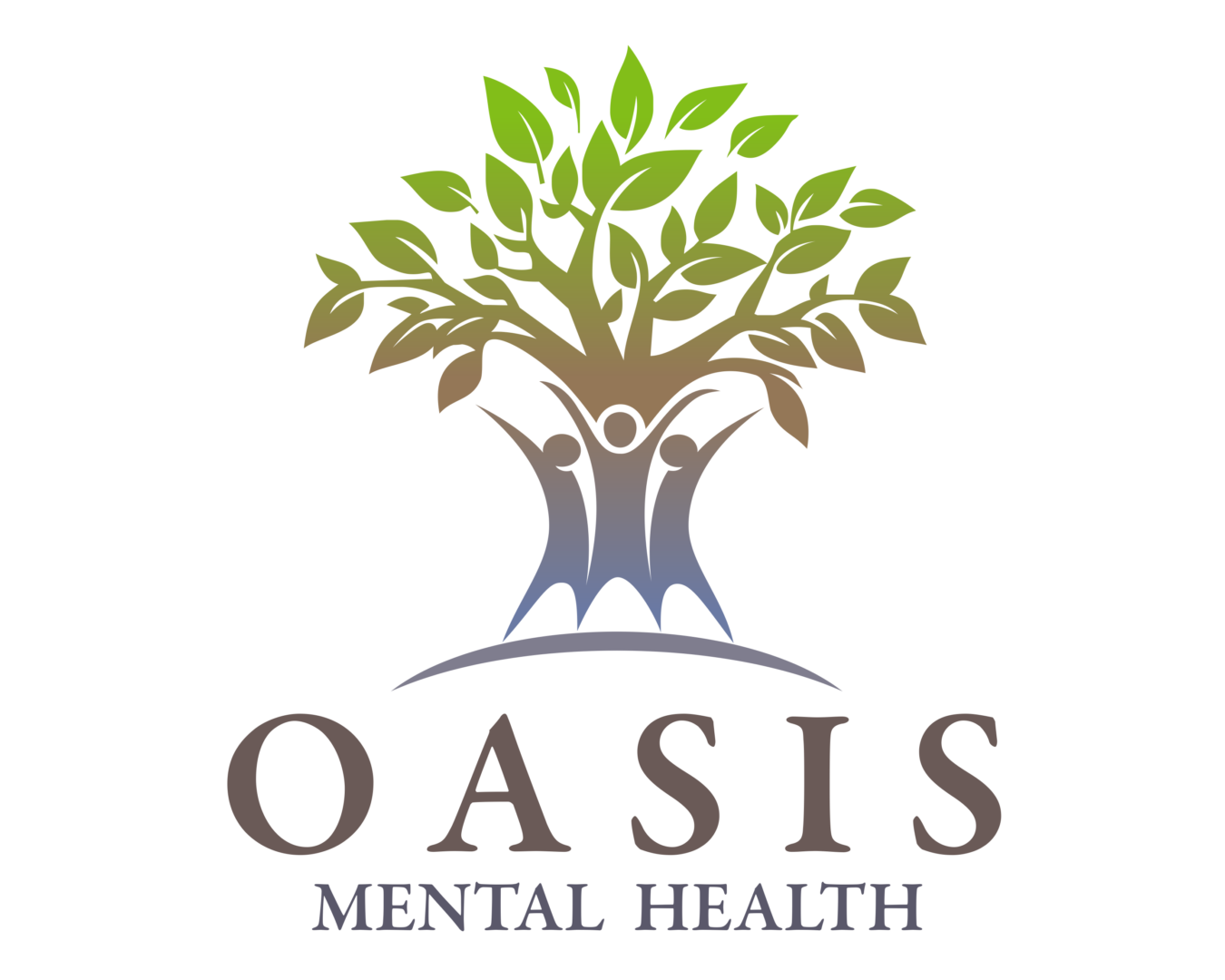
Marloes Verhoeven, Psy.D.
To leave a confidential voicemail in Marloes's mailbox, you can call her directly at: (630) 405-7259.
Marloes Verhoeven, Psy.D. has extensive experience treating adolescents and adults with a wide range of conditions, including mood disturbances (depression, bipolar disorder), ADHD, anxiety, post-traumatic, acute, or chronic/toxic stress, grief and loss, dissociation, and personality disorders.
Marloes uses a strong trauma informed approach, in which the therapeutic relationship is central. In therapy, Marloes offers a safe space in which her clients can experience trust, acceptance, and genuine positive regard.
She helps her clients increase their ability to manage and regulate often intense emotions, especially in the face or aftermath of complex (interpersonal) trauma or abuse. As a result, clients feel less overwhelmed and better able to cope with past, current, or chronic stressors.
She is also passionate about supporting girls and women who received a (late) diagnosis of ADHD, who may have experienced (life-long) dismissals and/or misdiagnosis, and often have spent years masking and being misunderstood.
Marloes has received extensive training in Internal Family Systems (IFS) through the IFS Institute. She uses this approach to help clients explore and understand the various aspects or "parts" of themselves. These may include protector parts (such as managers or firefighters) that take over and become over-extended, as well as wounded (exiled) parts that carry painful memories. In therapy, Marloes guides clients in connecting with their core "Self" energy, enabling them to compassionately understand how these parts function, interact, or sometimes conflict. This process fosters greater self-awareness, personal growth, and the unburdening of pain, shame, or trauma, ultimately promoting inner peace and harmony.
When appropriate, Marloes also integrates EMDR therapy (Eye Movement Desensitization and Reprocessing) with IFS or provides it as a standalone treatment. This approach, too, helps clients heal from experiences such as childhood abuse, neglect, or insecure attachment.
Marloes co-authored this article about EMDR, provides CEU training to professionals in the community about trauma informed treatment, gives seminars about the science of ACEs and how to implement this science into practice, and also provides trauma training to schools.
